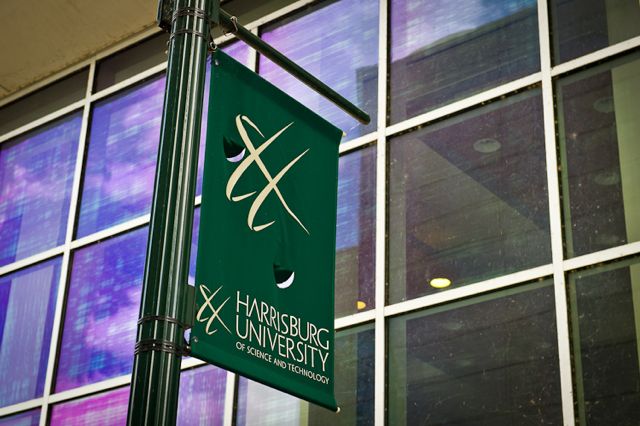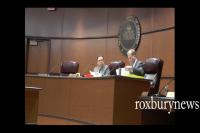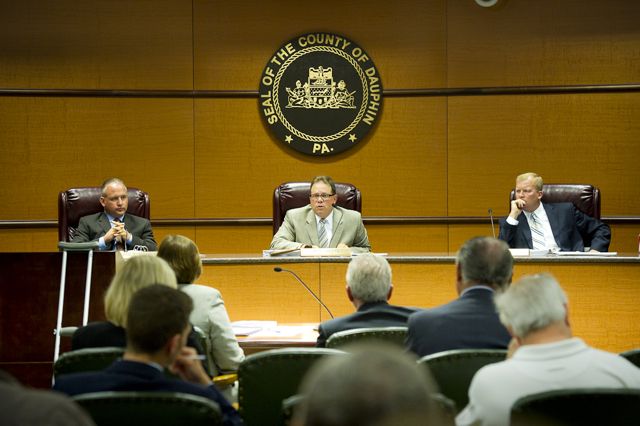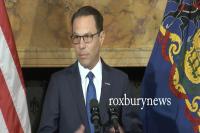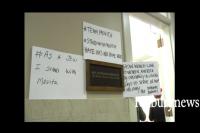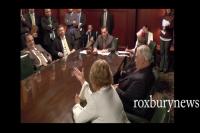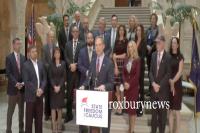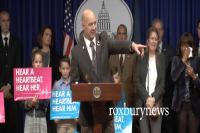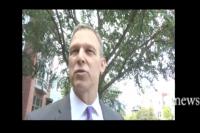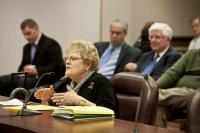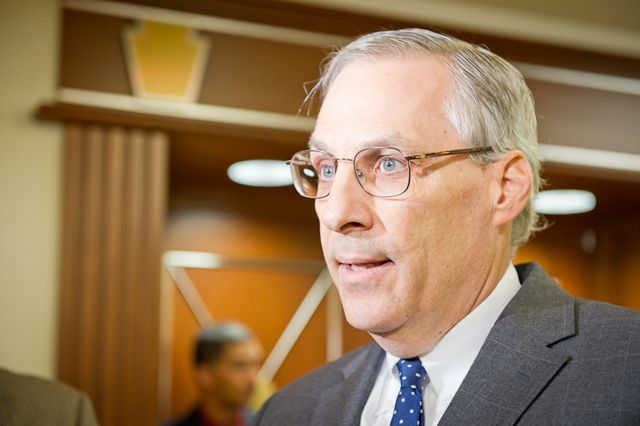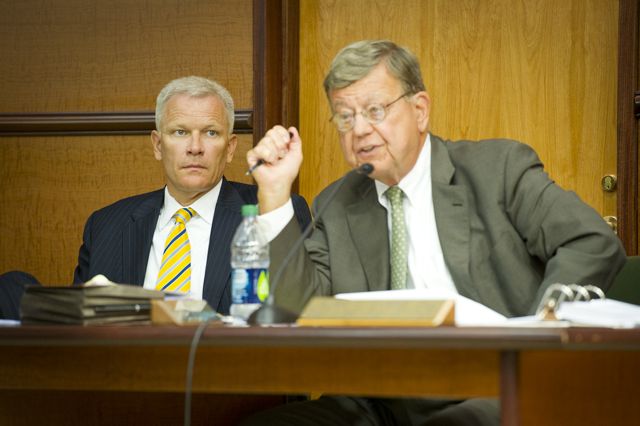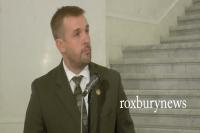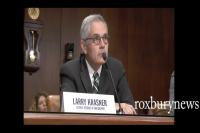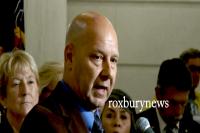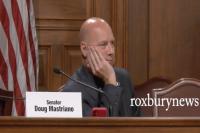On January 23, 2013, the PA House Aging and Adult Services Committee held its second day of hearings in a crowded room on the privatization of the State Lottery. The panel of testifiers included State Revenue Secretary Dan Meuser; State Aging Secretary Brian Duke, Executive Deputy Secretary in the Governor’s office of the Budget Pete Tartline, Kristie Wolf Maloney of AFSCME, and Dianne Thompson and Alex Kovach of Camelot Global Services.
The company poised to assume the managing responsibilities of the Lottery is Camelot, a United Kingdom based company which operates the country's National Lottery and has contracts with South Africa and with various state lotteries in the United States. Dianne Thompson, CEO of Camelot, was quick to state the PA lottery is a “well run lottery” that “we can help grow”.
Brian Duke, who supports the lottery takeover, testified about his concerns regarding the future of the senior population and the State's ability to support it. “It is vital that Pennsylvania see a reliable, predictable, and enhanced source of funding in order to meet the growing needs of our older population” he said. Supporting a similar position, Department of Revenue Secretary Dan Meusser stressed the contract guarantees “Three Billion to 4.5 Billion dollars of incremental value over the next 20 years.”
Raising concerns over the privatization contract, Kristie Wolf Maloney of AFSCME pointed to uncertainty over the future of current union employees who could lose their job if the contract is finalized.
Democratic members of the House are suspicious of the privatization and have concerns about what demographics will be targeted as part of Camelot’s marketing strategy. The plan will introduce Keno, a bingo style game involving numbered pieces, which is expected to make up 10% of the lottery’s revenue. When asked for demographics of average Keno players in England, Alex Kovach responded with “we don’t offer Keno in the UK”.
The new contract will be activated 6 months after the contract has all of the necessary signatures. Pennsylvania Attorney General Kathleen Kane and State Treasurer Rob McCord still need to sign the contract for it to be activated. The contract assigns 0.75% of revenue to be directed to Camelot. If certain revenue thresholds are met, Camelot may earn up to 50% of excess revenue but not to exceed 5% of overall revenue. Representatives from Camelot were unavailable to the press for comment.
by Daniel Haubert

